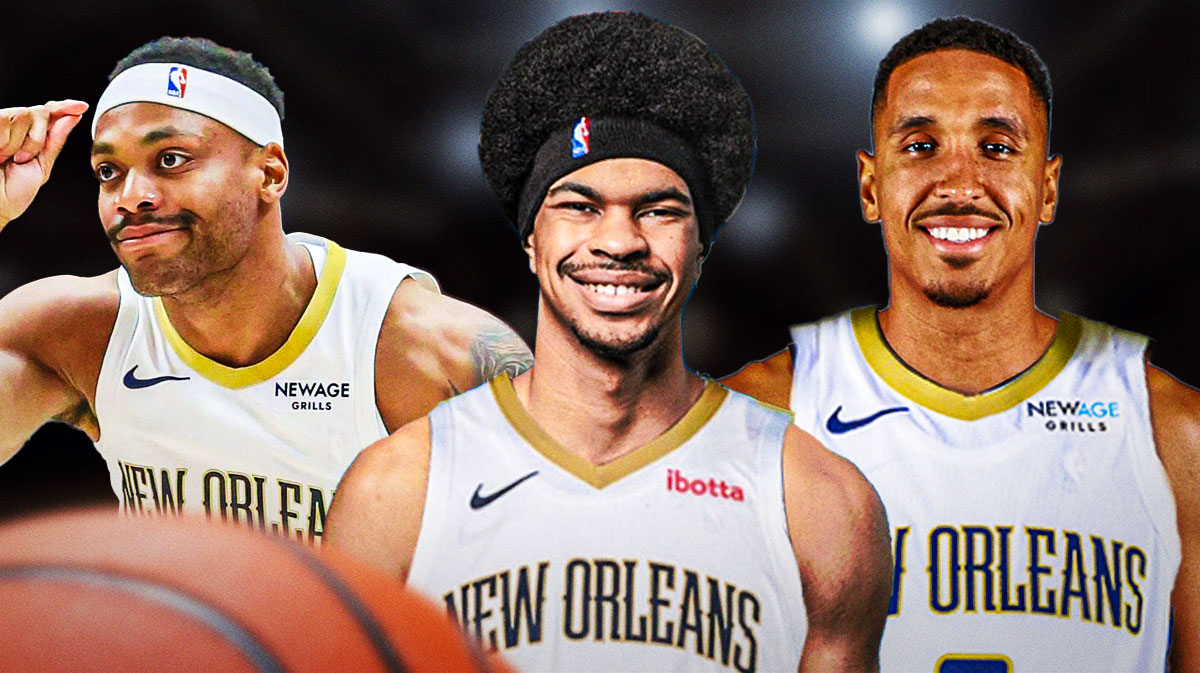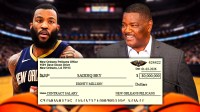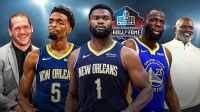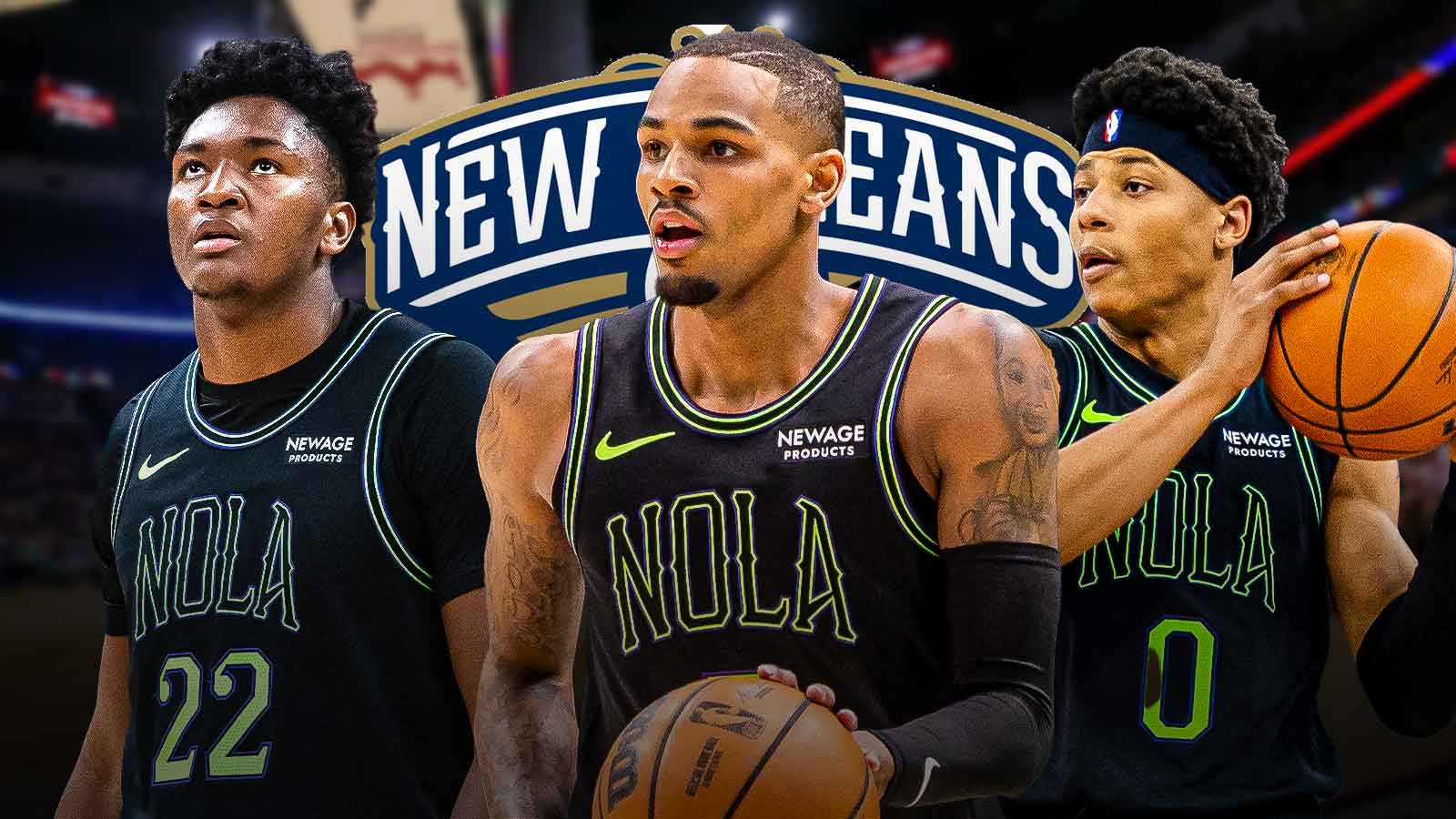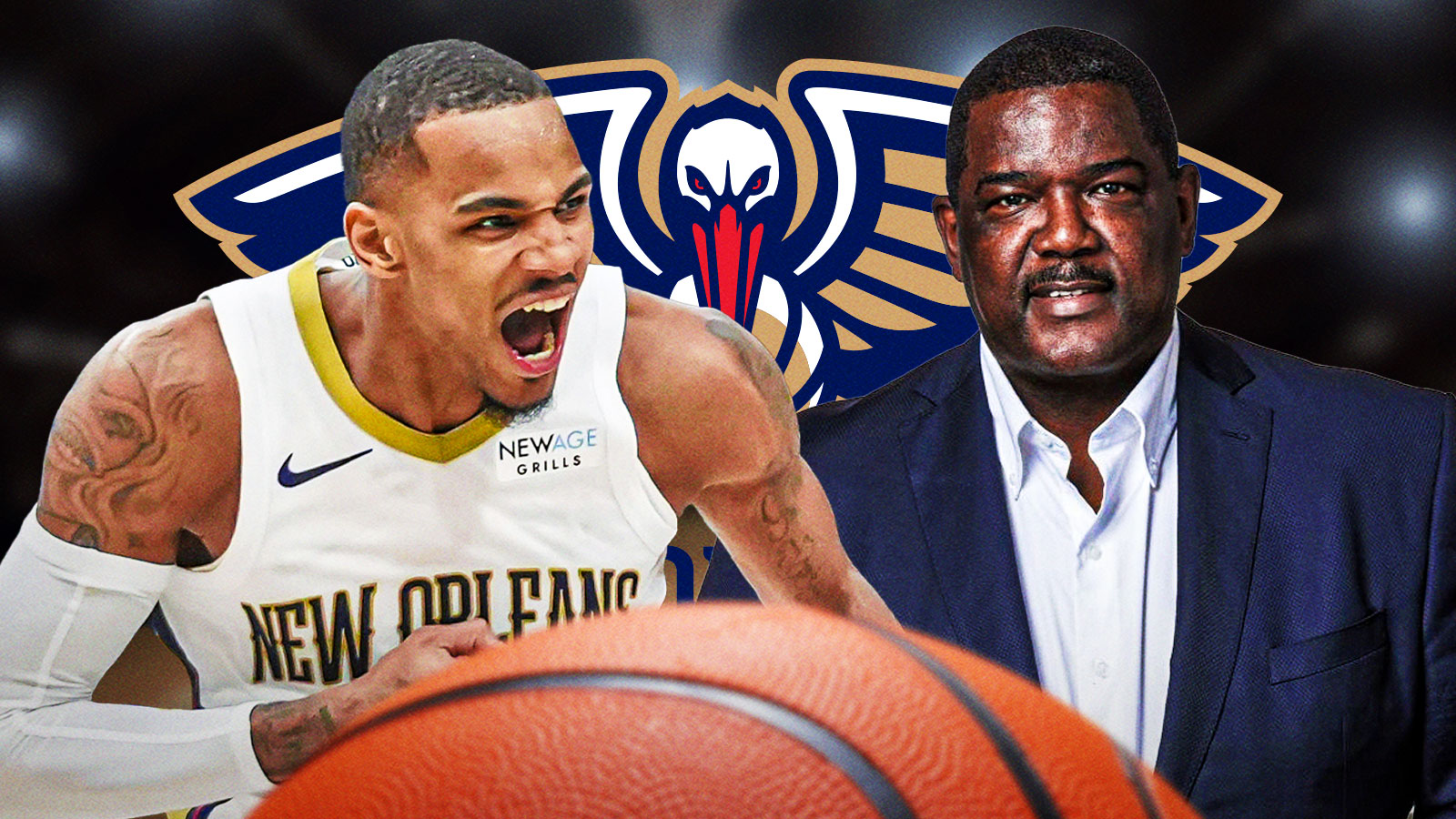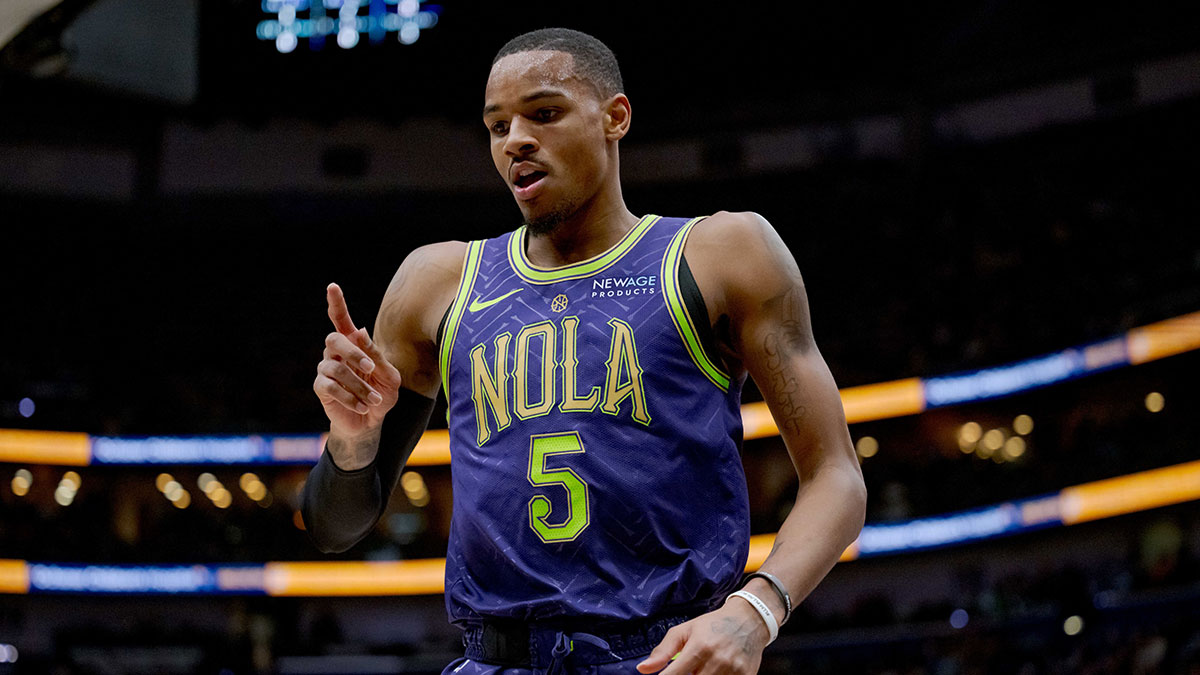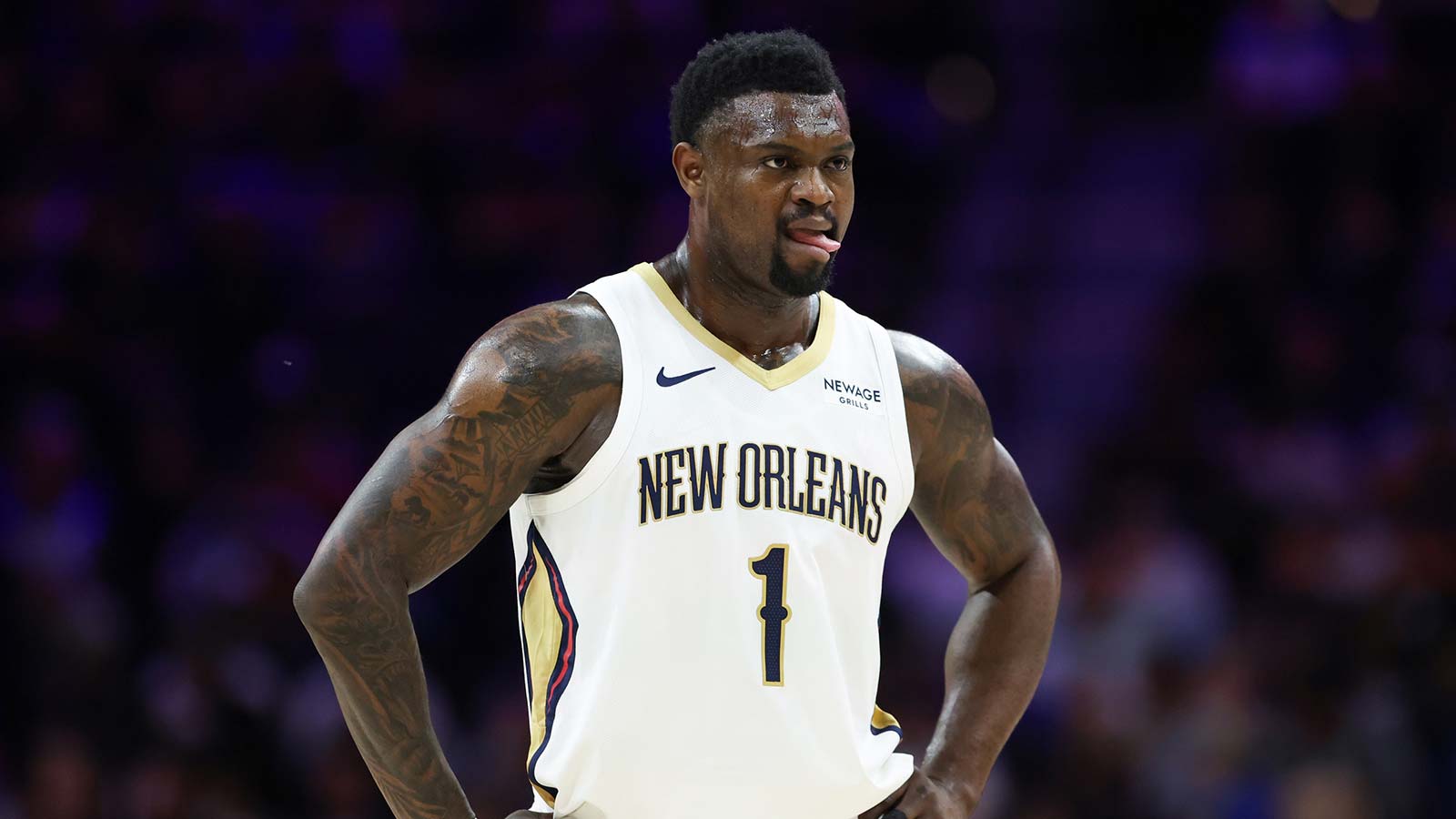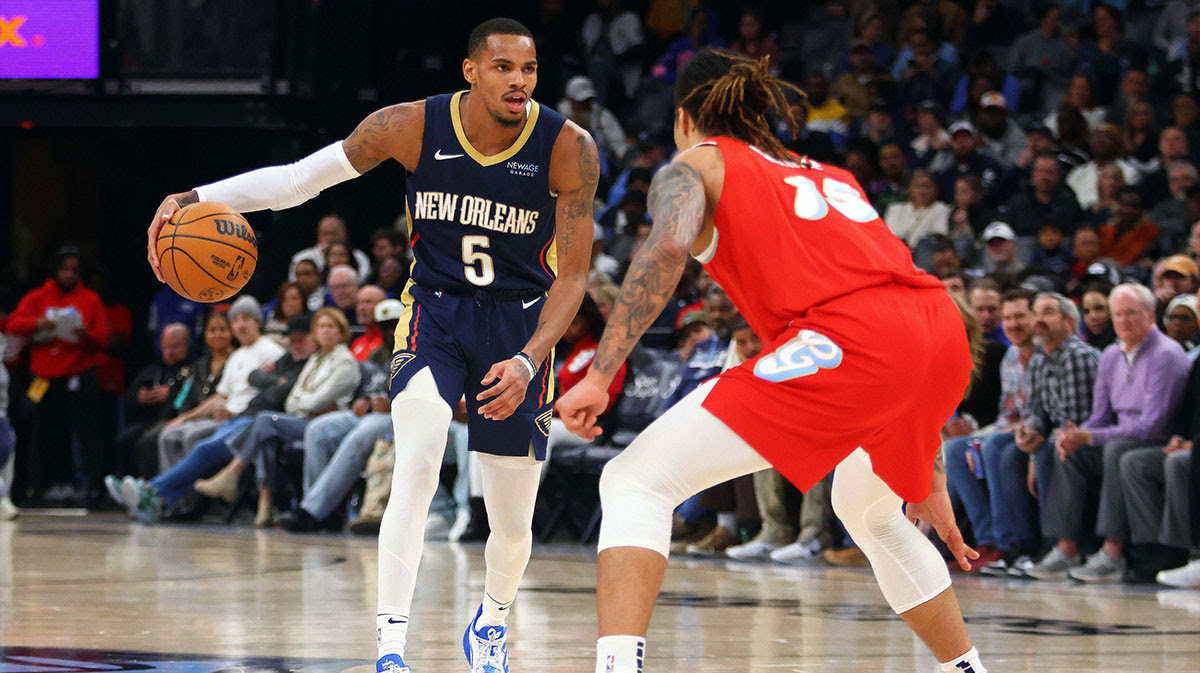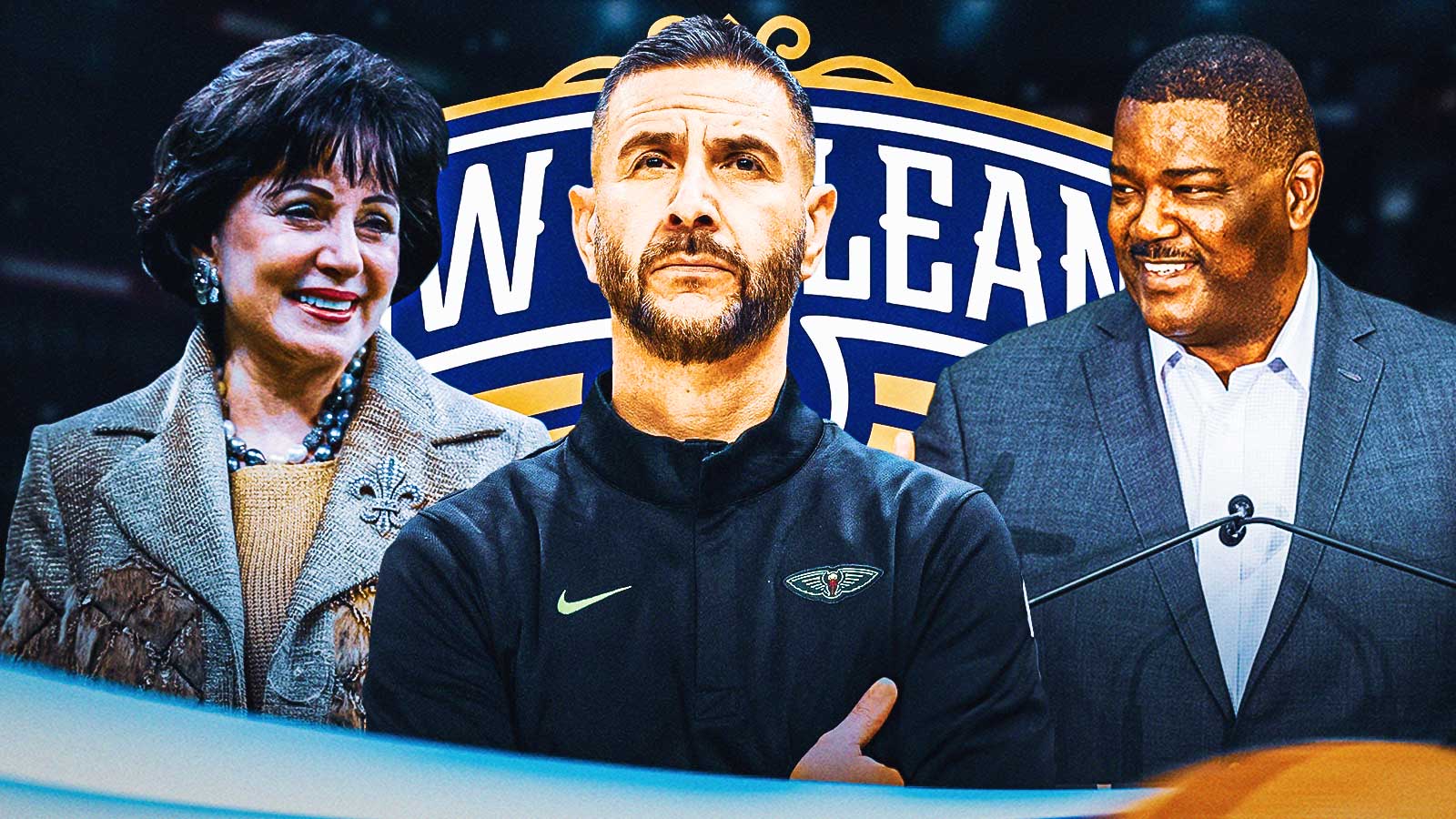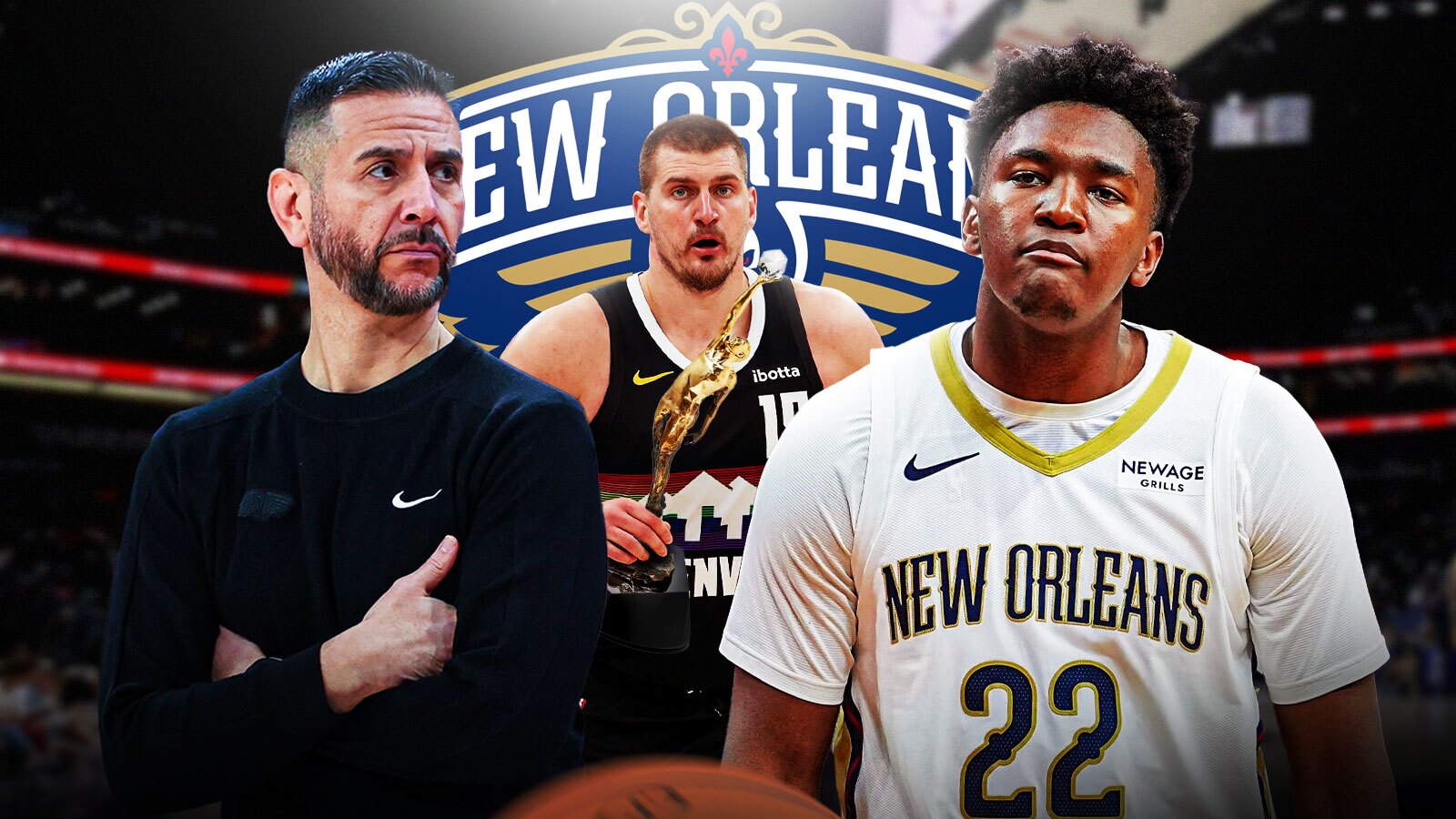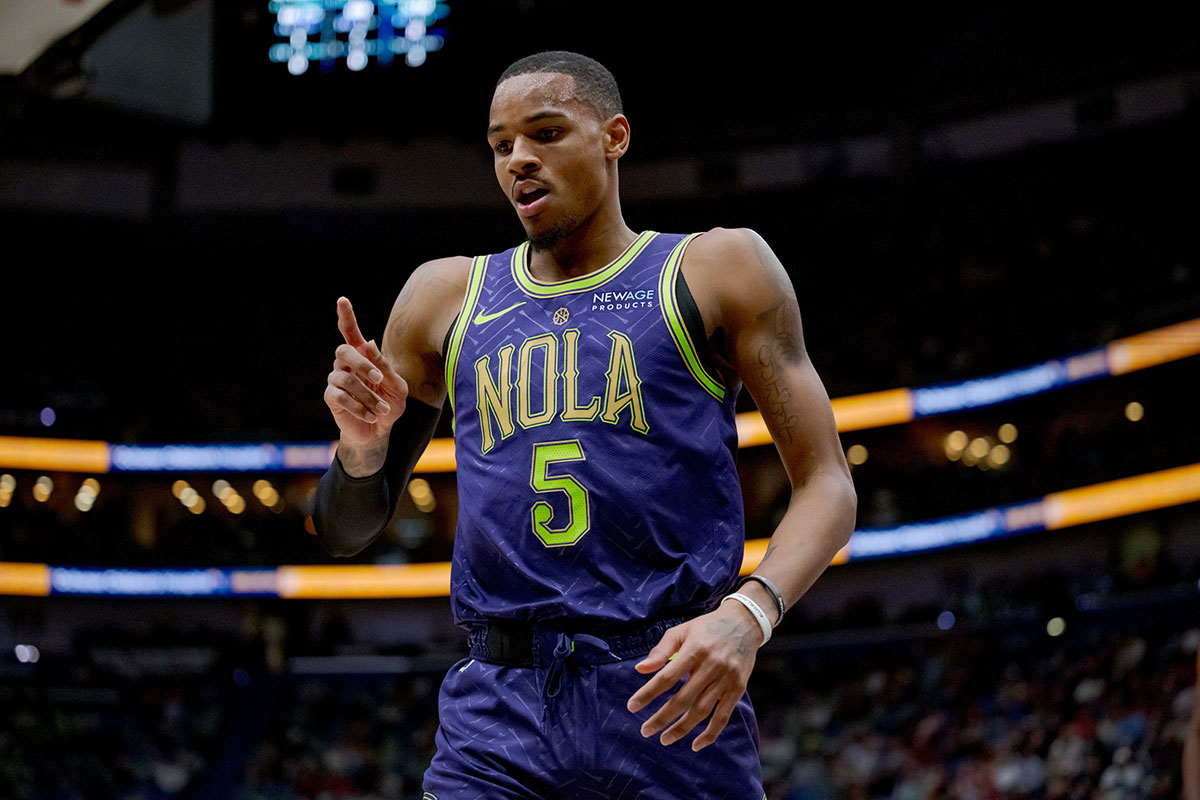The New Orleans Pelicans begin the 2025-26 NBA season with a rare combination of optimism and stability. After years of fits and starts, inconsistent roster moves, and the constant shadow of injuries, the front office finally looks to have struck the right balance between developing young talent and surrounding their stars with experienced contributors. This summer was one of the strongest in recent memory for the franchise, not because they landed a marquee superstar, but because they layered their roster with smart, balanced pieces that fit the modern game.
The Pelicans walked out of the 2025 NBA Draft with two foundational prospects. Jeremiah Fears, the explosive guard with the kind of three-level scoring and confidence that translates quickly to the NBA, brings a sense of long-term stability to the backcourt. Derik Queen, a polished, physical big man from Maryland, was the second addition, though his development has been temporarily stalled by a wrist injury sustained in the Summer League. Even so, Queen is projected to be a core piece of the rotation once healthy.
Beyond the draft, the Pelicans were active in free agency, adding Kevon Looney to provide veteran rebounding and toughness, and Trey Alexander to stretch their backcourt depth.
Taken together, this was a foundational offseason. New Orleans has length, youth, and experience, but there are still gaps. The lingering questions about Zion Williamson’s availability create an immediate need for more frontcourt insurance. While Dejounte Murray stabilizes the offense, the Pelicans remain thin on dependable playmaking when he sits. These are the issues that could be solved not by more draft picks or raw prospects, but by strategic moves in the trade market.
Malcolm Brogdon: The steadying hand
If there is a single player who feels tailor-made for what New Orleans needs, it is Malcolm Brogdon. The veteran guard, who recently signed with the Knicks, embodies the kind of stability that could elevate the Pelicans from an exciting playoff team to a true contender. Brogdon offers reliable shooting, secondary playmaking, and a calming presence in bench-heavy lineups that often struggle with direction.
Malcolm Brogdon scoring 29 points and grabbing 11 rebounds against Giannis and the Bucks last season pic.twitter.com/b24N2mA6FI
— Dylan Backer (@DylanBackerESM) September 12, 2025
The Pelicans already have scoring in abundance. Jordan Poole can explode for 30 points in a flash, while Fears brings creativity and flair. What they lack is a steady hand that knows how to organize a half-court offense without disrupting rhythm.
Brogdon provides exactly that.
His ability to run pick-and-rolls, hit open shots, and defend multiple backcourt positions makes him a seamless fit alongside Murray and a mentor for Fears. A trade for Brogdon would not demand mortgaging the future, either, since his contract aligns with New Orleans’ flexibility. If the Pelicans are serious about playoff stability, Brogdon is the kind of guard who could change the equation.
Jarrett Allen: The anchor inside
Another area of concern for the Pelicans is in the frontcourt, where the combination of Zion Williamson’s fragility and Derik Queen’s injury already leaves them exposed. Kevon Looney is dependable, but he is more stopgap than a long-term solution. Yves Missi, though intriguing, remains a raw talent. This is why Jarrett Allen could be the perfect fit.
Jarrett Allen vs. OKC:
◾️ 25 PTS
◾️ 12 REB (8 OREB)
◾️ 6 AST#NBAAllStar year? 👀 pic.twitter.com/Q2sATMl2g4— NBA on ESPN (@ESPNNBA) January 9, 2025
Allen, a defensive anchor in Cleveland, has long been one of the league’s most reliable rim protectors and rebounders. His mobility allows him to defend in space, and his presence as a lob threat would pair beautifully with Murray’s pick-and-roll instincts.
For a Pelicans team that often finds itself scrambling when Zion is unavailable, Allen would provide the kind of nightly insurance that stabilizes rotations. More importantly, his game does not demand touches, allowing scorers like Zion, Poole, and Murphy to remain the offensive focal points. If Cleveland decides to reshuffle its core, New Orleans would be wise to pursue Allen, as his presence could solve their most glaring interior weakness.
Bruce Brown: The perfect glue piece
While the Pelicans already boast a strong collection of two-way wings, a player like Bruce Brown could elevate their rotation to another level. Brown is the quintessential glue guy, someone who guards multiple positions, handles the ball when needed, and provides opportunistic scoring. On a roster where offensive talent is not the issue, having another defensive-minded player with playoff experience could make all the difference.
Brown’s value lies in his adaptability. He can close games as a small-ball forward, match up against bigger guards, or help run second-unit lineups. His championship experience with Denver demonstrated how impactful he can be in a complementary role. For New Orleans, his addition would only deepen their identity as one of the most versatile and switchable defensive teams in the West. While not as flashy as a move for a high-profile big man, trading for Brown could be the quiet upgrade that pays off come May and June.
What should the Pelicans do?
The New Orleans Pelicans have done the hard part of roster building. They drafted well, signed smart veterans, and retained their core pieces. But the NBA is a league where good is rarely good enough, and the margin between being a fun playoff team and a true contender is often defined by one or two mid-season trades.
Whether they pursue the stability of Malcolm Brogdon, the defensive anchor in Jarrett Allen, or the glue-like versatility of Bruce Brown, the Pelicans are poised to make a move. The foundation is here, and the window is open. Now it is a question of whether the front office will push forward and take the leap.

